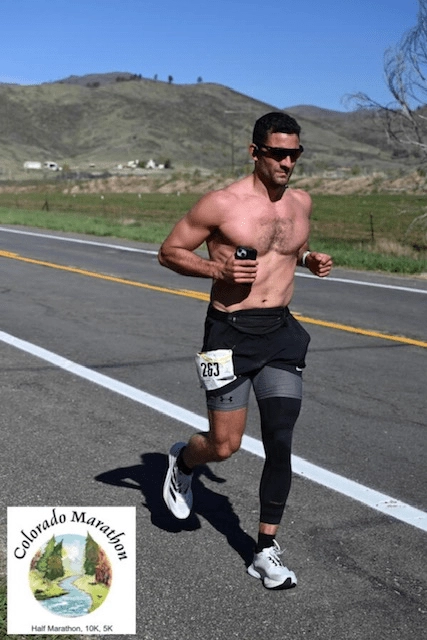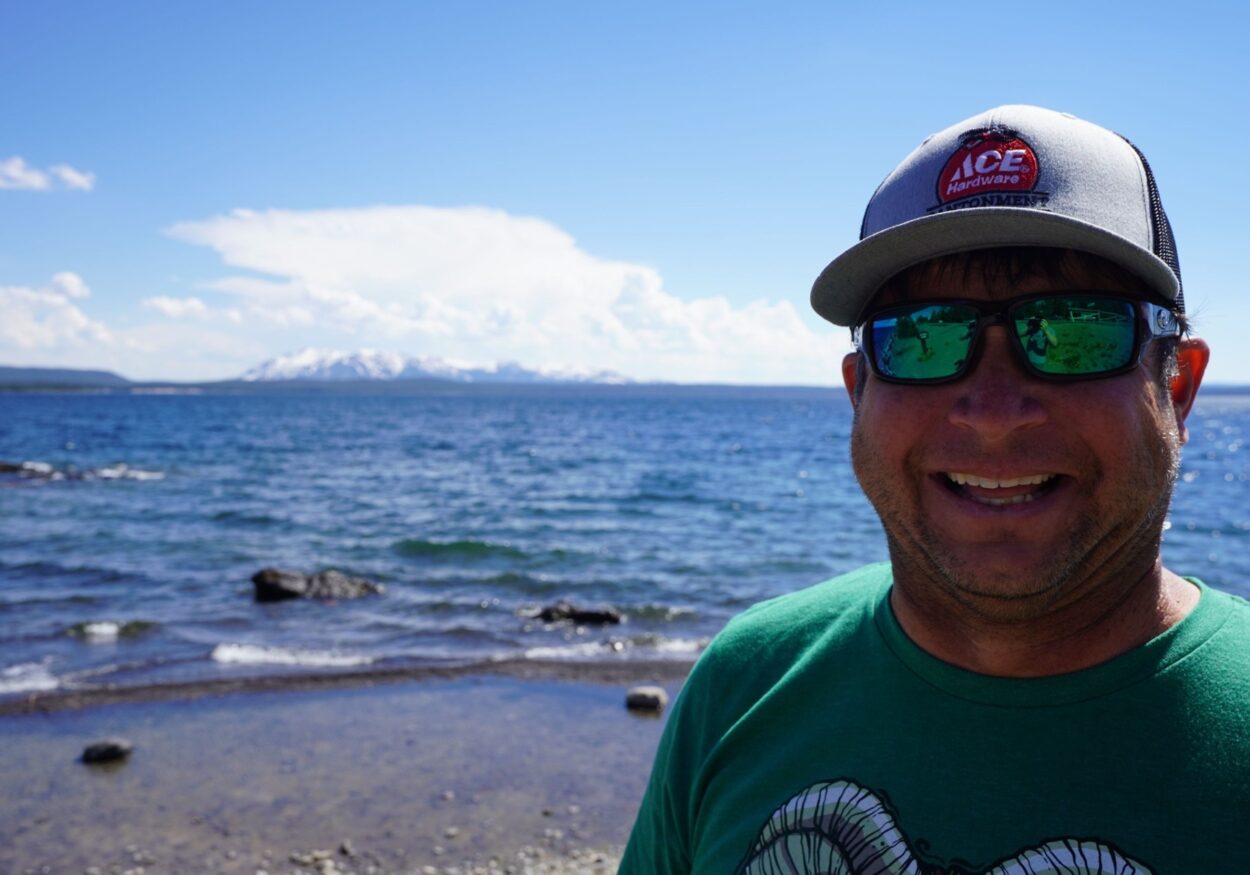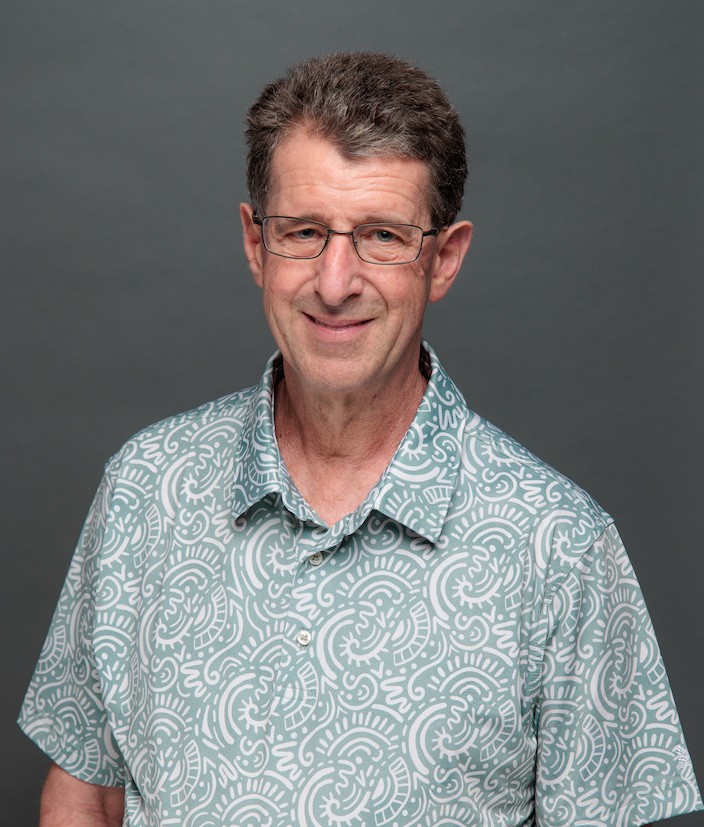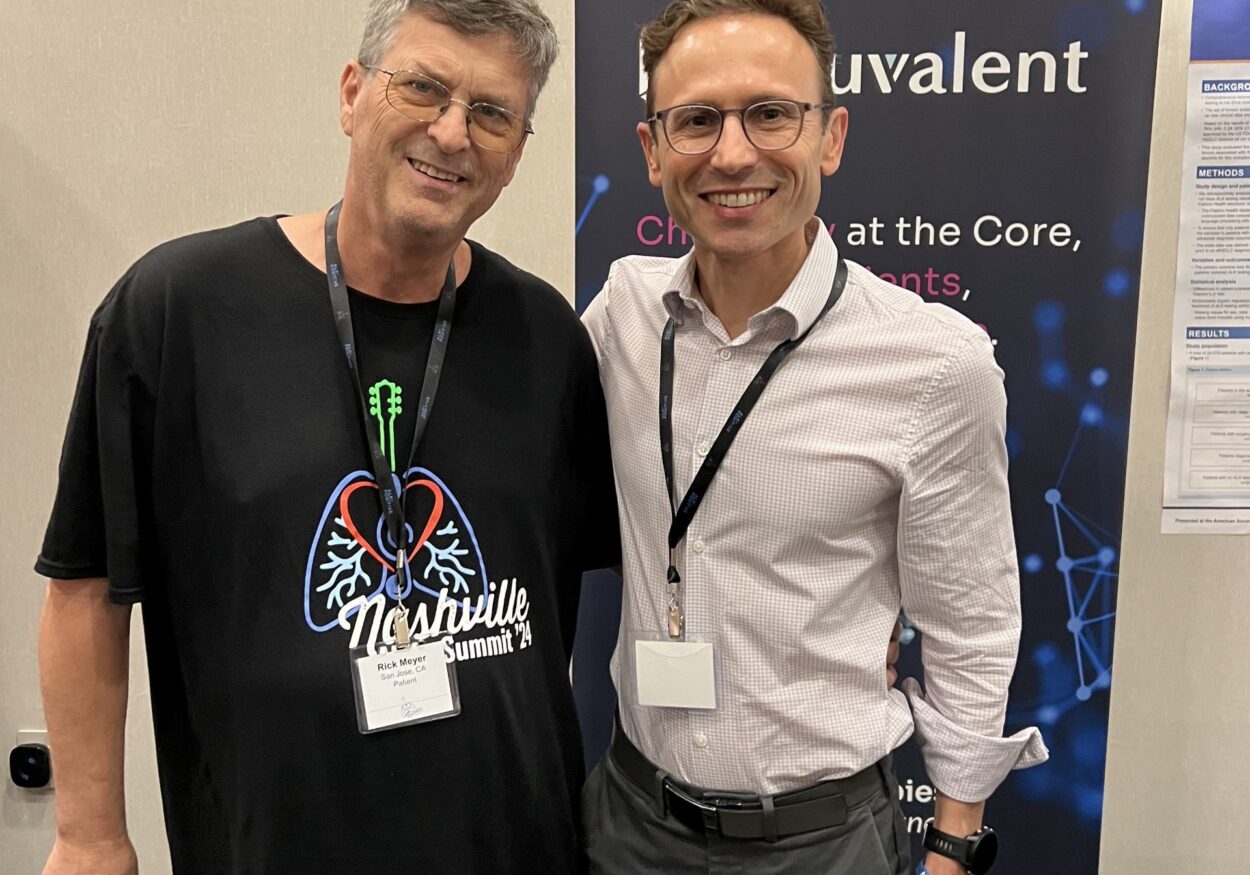Current location: Nashville, TN
Can you share a short summary of your lung cancer experience—when you were diagnosed, how it was discovered, and what treatment you’re currently on?
I was diagnosed with stage IV lung cancer at just 15 years old. The disease had spread to my right lung, right ankle bone, and cerebellum. For nearly 13 years, it’s been a journey filled with ups and downs. Despite everything, I run marathons, work full-time, and embrace life every day.
My diagnosis came after months of persistent headaches that eventually led to an MRI. Over the last 12 years, I’ve been treated with a series of ALK inhibitors, including Crizotinib, Brigatinib, Alectinib, Lorlatinib, and now I’m part of the Nuvalent 655 clinical trial.
You were only 15 at the time of your diagnosis – at a time (2012) when treatment for ALK was still somewhat in its infancy? If we may ask, what was that experience like for you as a teenager – and for your parents?
At 15, I didn’t grasp the situation as much as my parents did. Looking back, it was probably a good thing; I got to live my teenage years as a relatively normal kid. I didn’t stop playing sports, seeing friends, or participating in any ordinary high school activities. Aside from the treatments and hospital visits, the ALK drugs have given me freedom that traditional IV chemotherapy doesn’t allow. I can truly say I have been so lucky to be ALK+.
My parents handled all of the medical, financial, and emotional burden that I was too young to understand. My diagnosis was initially much harder on my parents, they were going through everything I was and more.
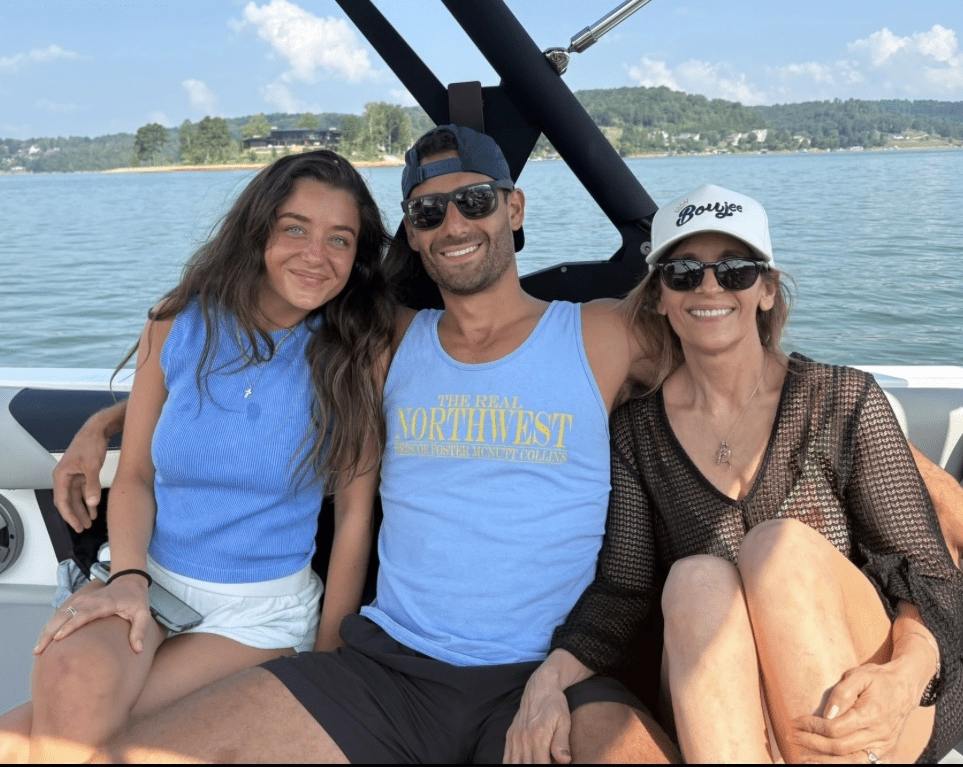
Support Systems
What role have your family, friends, or the community played in your journey?
They continue to be essential to my survival. It took me about a decade to realize how much your support system matters. My journey began to get much easier once I opened up about how I was feeling and what I was going through with family and friends. I had a “tough guy” mentality from about 15 to 25 years old, where I was never willing to show any vulnerability or lack of independence. It took me years to finally not be ashamed of asking for help. I am so grateful to have grown up with a prenominal community of family and friends. From my community fundraising to help us, to my parents, brothers, and girlfriend doing endless amounts of research to help me every day. You need a whole team to take on cancer.
Looking Back: What Do You Wish You Knew?
What’s something you know now that you wish you knew when you were first diagnosed?
That cancer would not hold me back from living my life. When I was first diagnosed, all I could think about was how I wouldn’t be able to plan for anything in the future. I shouldn’t try in school because who knows what condition I’ll be in 5 years, or I shouldn’t plan that trip overseas, or I can’t sign up for a marathon next year because I might not be able to run, or whatever the case may be. I was reluctant to plan for anything in the future, and it caused me to miss out on a few experiences that I may not be able to get back. Don’t let your life revolve around uncertainty, and learn to adapt when life happens.
What advice would you give to someone newly diagnosed with ALK+ lung cancer?
To name a few, I would say – Ask a million questions, get a second and third opinion (Alk specialist), don’t let cancer put a pause on your life, utilize support groups, document everything (scans, reports, bloodwork, journals, etc), and embrace your journey.
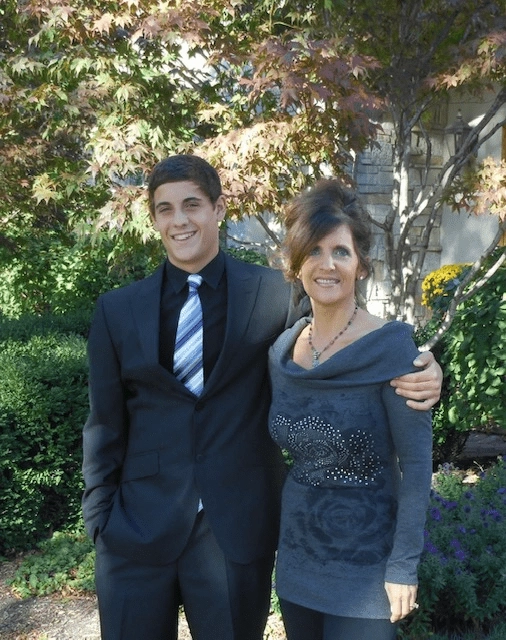
Staying Grounded: Day-to-Day Mindset
How do you approach day-to-day life with lung cancer? Any tips or hacks to share?
I try to live every day as a blessing. My morning usually starts with meditation, journaling, and some sunlight. Then I follow a strict diet, take supplements, do contrast therapy, and stay extremely active.
How has your mindset changed over those 12 years?
The biggest way my mindset has evolved is around my support system.
As a teenager, I was simply going through the motions, unaware of the true gravity of my situation. I tried to hide my illness, feeling embarrassed to show any vulnerability or dependence around friends and family. My mindset was that I could take on this disease on my own, so I swept everything under the rug.
With time and maturity, I realized that you need a team of family, friends, community, doctors, support groups, etc, to optimize your life. I also realized that, staying silent about my journey was not only holding me back, but also preventing others from gaining knowledge and support that could help them.
Do you have any mantras that you use to keep yourself focused or positive?
I wish my answer were as good as Kirk’s “don’t waste your cancer” but I don’t have a single mantra I use. I’m going to start using that though…
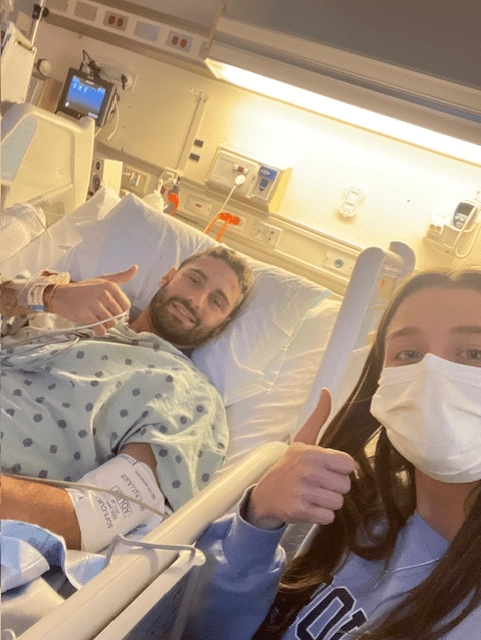
Coping with Uncertainty & Scanxiety
What helps you manage anxiety—whether it’s around scans, treatment, or the unknown?
This may not be the best answer, but it works for me! I like to exhaust myself physically to slow down my mind from overthinking. I usually go for a run or workout, but I also find relaxation in
reading, journaling, and meditation. Aside from distracting my mind, I always have faith that everything happens for a reason.
At the end of the day, life is too short to be filled with worry and anxiety over something we cannot control.
Do you have any go-to strategies that help you focus on living in the moment?
My go-to strategy for living in the moment is taking action, even if it’s out of my comfort zone. For me, action is the best antidote for worry or anxiety. The more time I waste overthinking, the less time I spend living in the moment.
Role Models
Do you have a role model who inspires you—inside or outside the cancer community? What have they taught you about strength or resilience?
David Goggins. While he may have some extreme tactics for training or competing in endurance sports, his message of controlling your mindset is dead on. I credit his books and videos with dragging me out of mental illness. I learned that mindset and perspective are crucial in any situation.
The Unexpected Impact of Cancer
What’s one of the most surprising or unexpected ways that cancer has impacted your life—good or bad?
Good—I was forced to “grow up” as a teenager. At an early age, I gained a unique perspective on life and realized how grateful I was to wake up every day. It also contributed to me not wanting to waste a second because tomorrow isn’t promised. So, I almost never procrastinate or push things off!
Bad- Mental illness. Physically, I knew I would face challenges in not feeling 100% but until my early 20s, I was completely unaware of the mental warfare that cancer can have on a person. Despite that, it caused me to be much more empathic towards individuals who aren’t struggling on the surface but internally are battling.
Advice to other young ALK patients
What helps you keep going when the emotional weight gets heavy?
My mentality and support team. If you have a dark outlook on life and overall perspective, emotions will get the best of you.
Final Reflections
What do you hope people take away from this interview?
I would be extremely fulfilled if this interview helped anyone, even a little bit, or offered someone a sense of hope. Aside from that, I would like people to believe that living with this “setback” doesn’t mean you can’t live your life to your fullest potential.
Interview by: Christina Weber

